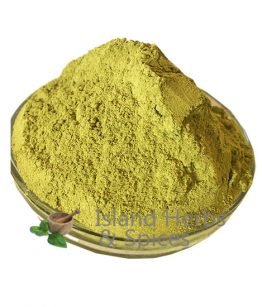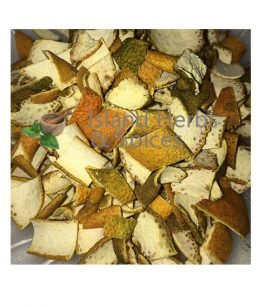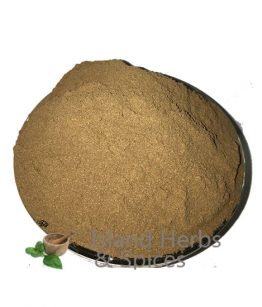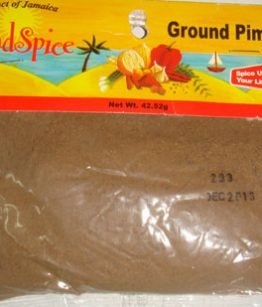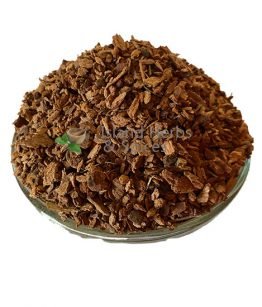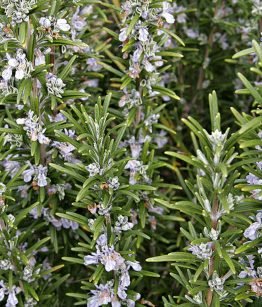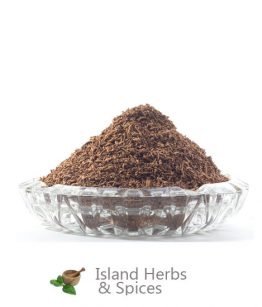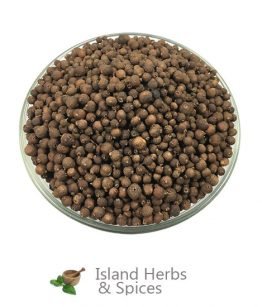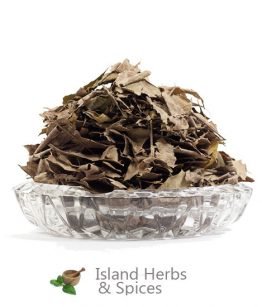What is Senna Leaf?
Senna alexandrina (Cassia angustifolia) is a medicinal plant of the Fabaceae family of the genus Cassia. Originally from Asia, it was brought to the Middle East, North Africa, initially by the Egyptians and later by the Arabs, Greeks and Romans.
Other names given to this plant are:
- Cassia acutifolia.
- Cassia lanceolata.
- Soothing Cassia.
- Cassia senna.
Properties of Senna Leaf
Senna is a plant with laxative, purgative, antacid, purifying and vermifuge properties.
Due to all these properties, senna can be used in the treatment of venereal diseases, fungal diseases, high blood pressure, high cholesterol, constipation, biliary colic, fever, gas, anal fissure, hemorrhoids, skin and eye diseases.
Benefits of Senna Leaf
Senna leaf has laxative, purgative, purifying and deworming properties and, for this reason, it is widely used to treat gastrointestinal problems, especially constipation.
However, since it makes stools softer, it can also be used to relieve the discomfort of defecation in people with anal fissures and hemorrhoids.
How to Make Senna Tea
Ingredients
1/2 tablespoon of Senna leaves;
250 ml of boiling water.
Place the herb in a pot or cup, add the water and let stand for 5 minutes. Wait for it to cool slightly, strain and drink 2 to 3 times a day, without adding sugar. This tea should only be used until the symptoms of constipation have improved or for up to 3 consecutive days.
The leaves can also be put in cold water and steeped for 10 to 12 hours. Using cold water to steep the leaves will leave less resin in the tea, so the chances of abdominal cramping will be reduced. When relieving constipation with Senna tea, it will take up to 12 hours to get relief. It is recommended to take before bedtime, so that relief can occur in the morning.
Senna Leaf contraindications
Senna is contraindicated in cases of hypersensitivity to senna, pregnancy, lactation, in children under 12, as well as in case of intestinal occlusion, enteritis, acute appendicitis and stomach pain of unknown cause.
In addition, senna should not be consumed by people taking heart medications, laxatives, cortisone or diuretics and its use should not exceed 10 consecutive days, as it can cause several side effects and increase the predisposition to cancer colorectal. Therefore, before using the Senna, it is important to seek guidance from a doctor to avoid possible complications.
Other contraindications include:
- People with kidney or liver disease
- People suffering from cystitis, dehydration or nausea
- Patients who are taking medications
- Patients with heart or blood vessel problems
- People who suffer from appendicitis or inflammatory bowel disorders, such as Crohn’s disease, ulcerative colitis, hemorrhoids, or ulcers
NOTE: We highly recommend that before using any herbal medications you should consult your health care provider or medical doctor for professional advice.
Disclaimer: All herbs and spices listed on http://islandherbsandspices.com/ or sold for medical and household use only, again we advice that before using any HERBS for medical purposes, please consult your physician.

